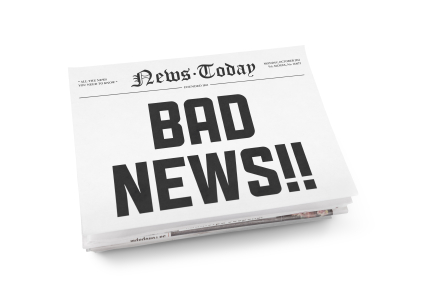Here in America, we're used to people running to court every time life throws a curveball. Spill hot coffee in your lap? Sue McDonald's! Get drunk, drive your car into a bay, and drown because you can't open your seat belt underwater? Mom and Dad can still sue Honda and win $65 million! Electrocute yourself trying to rob a bar? There's a lawyer for that!
in America, we're used to people running to court every time life throws a curveball. Spill hot coffee in your lap? Sue McDonald's! Get drunk, drive your car into a bay, and drown because you can't open your seat belt underwater? Mom and Dad can still sue Honda and win $65 million! Electrocute yourself trying to rob a bar? There's a lawyer for that!
Earlier this month, though, we saw some satisfying comeuppance in one of those cases that makes us roll our eyes in amazement.
First, a little history. UBS is Switzerland's biggest bank — and, like most Swiss banks, it used strict Swiss secrecy laws to attract depositors. They solicited Americans to open accounts, knowing full well that many of them were using those accounts to cheat the IRS — and in some cases, even advising them how to do it. In 2007, a disgruntled employee blew the whistle (and earned a record $104 million reward in the process). Two years later, UBS paid $780 million





